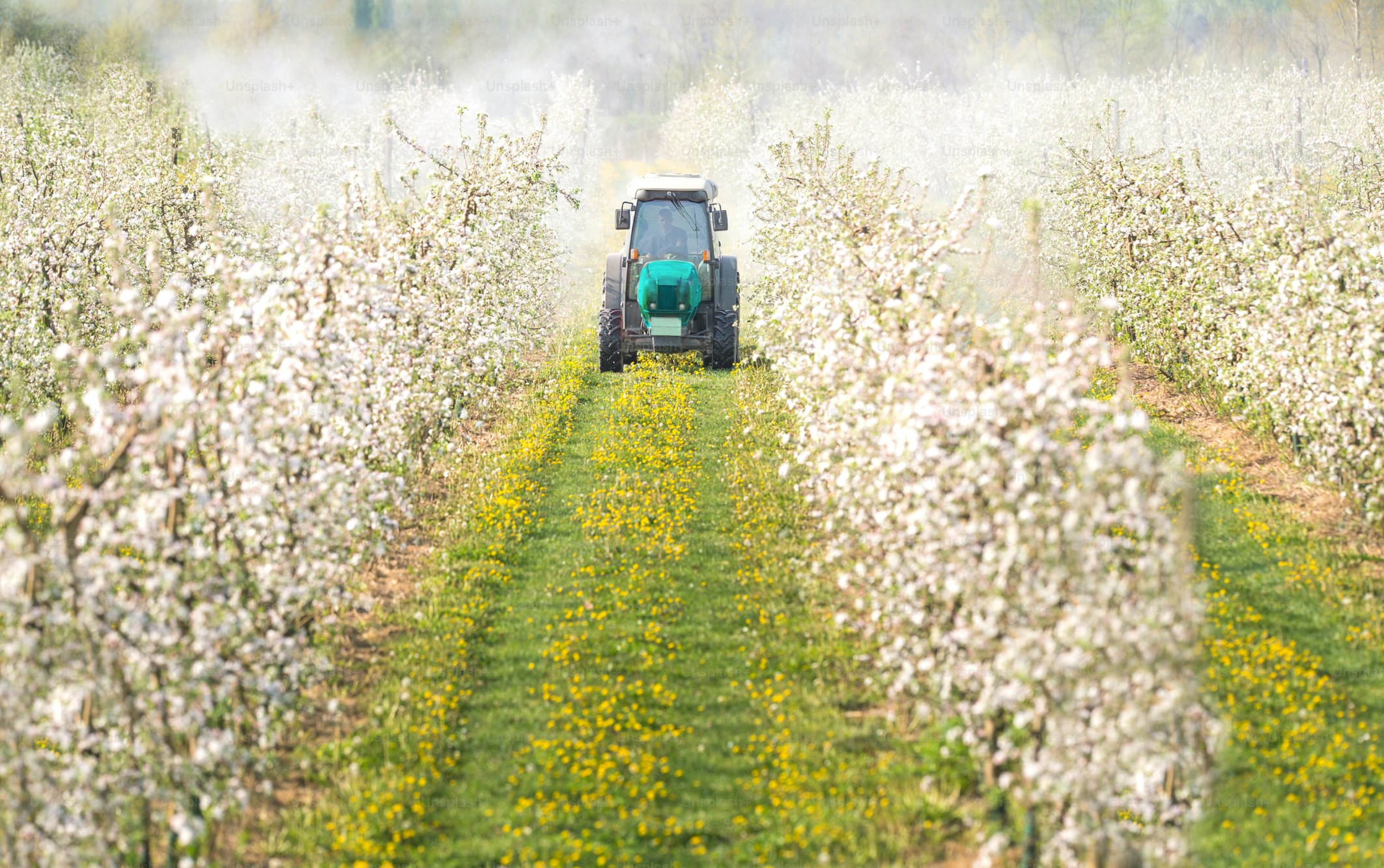With more than 22 million tons produced annually, cotton is one of the world's most important renewable resources and exists in very diverse landscapes. Developing the sector has the potential to reduce poverty while promoting sustainability and equity, which is why four impact goals have been developed in collaboration with leading civil society organizations and industry experts.
Better Cotton Announces Four New Impact Goals
According to Better Cotton CEO Alan Clay, “Driving impact on the ground is critical to achieving Better Cotton's ambitions in what is a pivotal decade for our planet."
The new impact targets will allow the organization to continue to take measurable steps to support more sustainable cotton production. By moving toward regenerative, climate-smart agriculture, the measures will ensure that cotton growers and farm workers have the resources to address their environmental impact, prepare their operations for the future and adapt to the often unpredictable effects of global warming.
These four goals cover soil health, to ensure that 100% of Better Cotton farmers have improved soil health; women's empowerment, to reach one million women in the cotton sector with programs and resources that promote equality in agricultural decision-making and create the climate; sustainable livelihoods, to sustainably increase the net income and resilience of two million cotton farmers and workers; and pesticides, to reduce the use and risk of synthetic pesticides used by Better Cotton farmers and workers by at least 50%.
These commitments are in addition to the first of the commitments outlined in the organization's strategy related to climate change mitigation, which aims to reduce greenhouse gas emissions by 50% per ton of fiber produced by Better Cotton by the end of this decade.

The Better Cotton Initiative
Under the Better Cotton Initiative (BCI), the standard connects people and organizations in the cotton sector worldwide, from field to store. Its goal is to make global cotton production better for the people who grow it, better for the environment in which it grows, and better for the future of the industry. That is why it embraces organizations, from farms to fashion and textile brands, and civil society organizations, driving the cotton sector towards sustainability.
It also seeks to lessen the negative impacts of conventional cotton production by supporting the production and sourcing of Better Cotton - cotton is grown in line with the Better Cotton Principles and Criteria. Initial support came from organizations such as adidas, GAP, H&M, ICCO Cooperation, IKEA, International Federation of Agricultural Producers (IFAP), to name a few.
Is your Company Interested in Traceability Solutions? CommonShare offers one of the most advanced traceability solutions on the material, with material and order level traceability.
With CommonShare’s traceability system, you can not only map and manage sustainability and quality claims, but you can also track and verify them. Learn more here and book a demo.